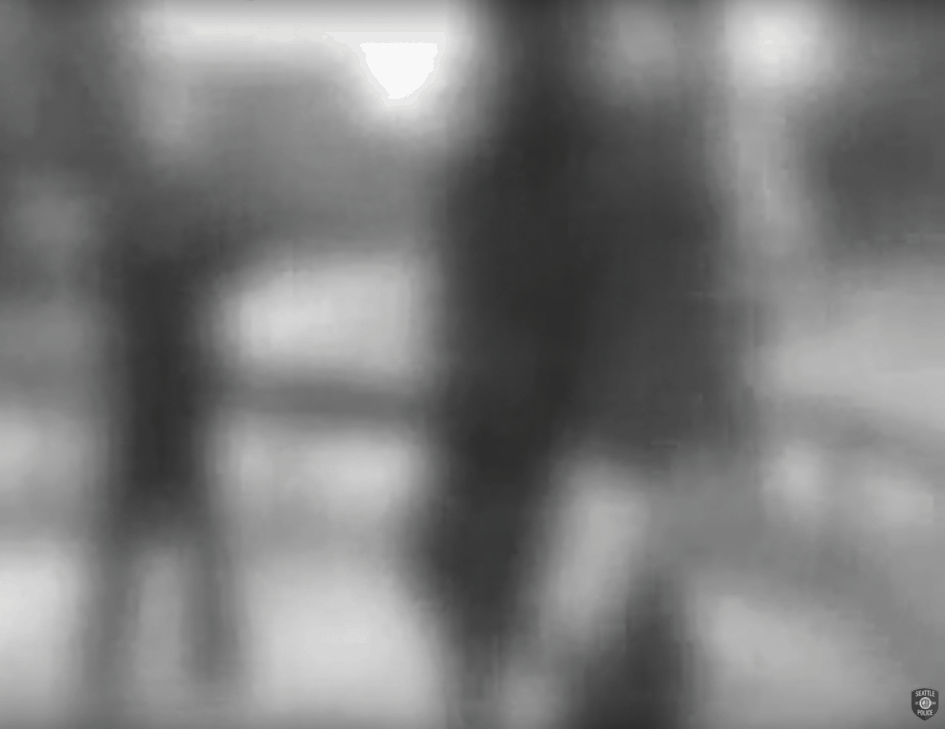As we have seen with 5G and COVID, conspiracy theories are running rampant in society, and now they are directly causing vandalism, civil disobedience, a few murders and making it much harder to stem the pandemic.
- We can’t stop social media
- We can’t remove freedom of speech
- Conspiracy folk don’t trust/believe what governments say
It will most likely get worse. In a nutshell, people who lack importance, usefulness or acknowledgement in their lives have found something where they can feel correct and important, no matter how crazy that thing may be.
It doesn’t help that, while decades ago research meant hours in a library, today it means I saw some random YouTube video…
We have fact checkers out there… but they don’t change the minds of those who spread rumours and lies. Those people will say you can’t trust Mainstream Media (thanks, Trump, you selfish idiot) and that Snopes is owned by [insert evil billionaire here].
Truth Panel
Find a selection of people, from all walks of life and demographics, who aren’t stupid. The more the merrier – 100 would be perfect, good for percentages.
The initial panel will be decided by 5 founding panel members who are behind the idea – these need to be highly-respected people! After the first year, nominations and online votes can be made in the future to decide who is on the panel.
They cannot be
- politicians or have any political allegiance beyond simple membership
- business people, unless they only operate in one clearly defined industry
- influenced by another country
- closely related to, or connected with, the above
Ideally they are well-respected in the community, the sorts of people who get honours from the Queen. Many should be actors, musicians or sports people. There needs to be good amounts of medical and scientific and education people. Surgeons, inventors and professors.
They are unpaid.
For the most worrisome conspiracy theories, so perhaps just 2-3 per years, the panel convenes to receive submissions. Anyone in the country is encouraged to submit, and this needs to be well publicised. However there must be barriers, so that effort is required. All claims made in a submission need references (they can refer to any source, even YouTube, but must have a reference). Submissions cannot be anonymous. The panel might have questions for those who make submissions.
After reading submissions, attending debates, and having meetings, the panel will make a conclusion. Typically it would be like this:
82% say the claim is false
8% say it is false, except for some aspect
5% say it is true except for some aspect
3% had a conflict of interest and could not participate
2% say the claim is true
Each panel member writes a paragraph or two in their own words to sum up their findings.
Funding
Funding should be from the government, mainstream media, business councils, unions – anyone who can add some cash. It doesn’t matter who it is, because the panel are unpaid. We just need a broad mix of funding from across society.
Publicity
Unions, charities, political movements can all publicise directly to their members at no cost. MSM can provide some free advertising. State broadcasters can host debates.
Why it will work
Anywhere rumours and lies are spread, they can be countered by a mention of or link to the Truth Panel decision. The panel is, by design, hard to deny. People won’t be able to find reasons for not trusting them. It will be an easy way to shut people up.
Note: countering rumours was important during World War 2

